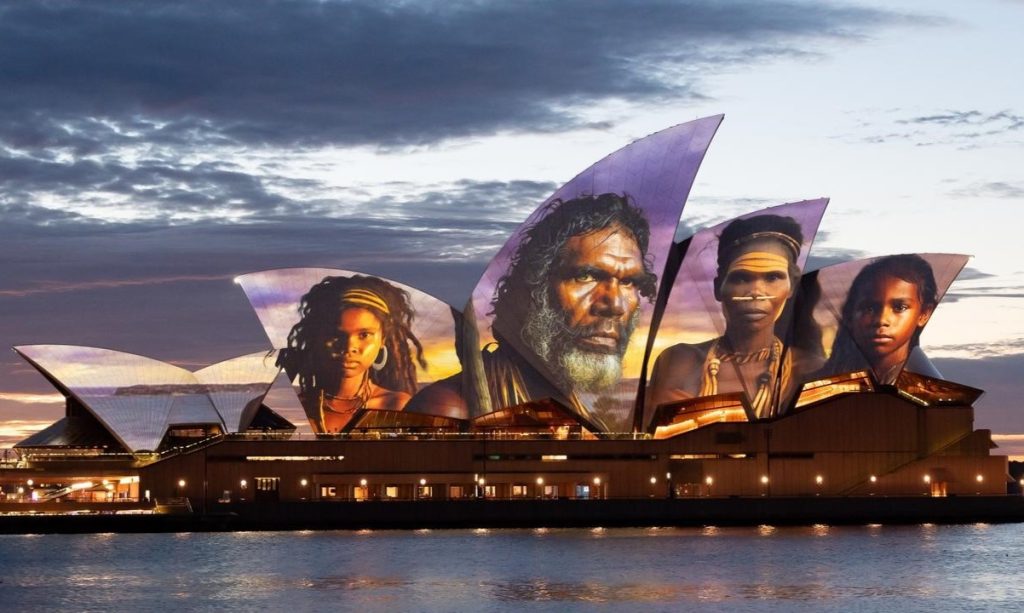Australia Day sparks a whirlwind of emotions, celebrations, and debates every January 26th, marking a pivotal moment in the nation's history. On this day back in 1788, the First Fleet of British ships made landfall at Port Jackson, laying the foundations for European settlement in Australia. Yet, what's meant to be a day of national pride also opens old wounds for the Indigenous Australians, who see it as a reminder of the dark chapters of dispossession and colonization. Amidst the fireworks, barbecues, and citizenship ceremonies, a growing chorus is questioning, should the date of Australia Day be changed? This question isn't just about marking a historical event; it's a deep dive into the heart of Australia's identity, reflecting on how a nation reconciles its past with its present and future. As Australians from all walks of life ponder this, the debate continues, highlighting the country's diversity and the ongoing journey towards unity and understanding.
Key Takeaway
Day Activities
-
Morning ceremonies kick off Australia Day with a reflective note, as communities across the nation hold flag-raising events and Indigenous performances. These gatherings are a chance for Aussies to pay homage to the land's traditional custodians and ponder the complex tapestry of their shared history. It's a moment of unity, albeit tinged with the somber acknowledgment of past conflicts.
-
As the day progresses, community barbecues and picnics become the focal point, embodying the Aussie spirit of mateship and outdoor living. Parks and backyards turn into hubs of laughter and conversation, with the smell of sizzling snags filling the air. It's a laid-back affair, where stories are shared, and friendships are strengthened under the summer sky.
-
By evening, the sky lights up with fireworks displays, marking the culmination of Australia Day festivities. Crowds gather in cities and towns to watch the night sky burst into colors, a spectacular show that dazzles and unites spectators. It's a fitting end to a day full of reflection, celebration, and community, encapsulating the nation's hopes and dreams for the future.
Interesting Facts
1. First Fleet's Arrival
On January 26, 1788, British ships landed at Port Jackson, marking European settlement's start in Australia.
2. Day of Mourning
Indigenous Australians see it as a day of sorrow, commemorating their ancestors' dispossession and colonization.
3. Cultural Celebrations
Despite controversies, Aussies enjoy citizenship ceremonies, community events, and reflect on their nation's rich history on Australia Day.
4. Calls for Change
Many advocate for a new date for Australia Day, aiming to find one less divisive among the population.
5. Diverse Observances
Some Indigenous Australians prefer celebrating their heritage on other days, like National Aboriginal and Torres Strait Islander Children's Day.
Why We Love This Day
-
Reflecting on Australia's rich history
Let's face it, Australia Day gives everyone down under and history buffs around the globe a chance to reflect on over 230 years of history since the First Fleet dropped anchor. From the early days of convicts and colonial rule to the vibrant, multicultural nation we see today, this day is a deep dive into the past, warts and all. It's not just about the barbies and the beach; it's a time to ponder how far Australia has come and the diverse stories that have shaped it. -
Celebrating Australian diversity and achievements
Crikey, if there's one thing Australia Day does right, it's showcasing the incredible tapestry of cultures that make up modern Australia. From Indigenous performances that mesmerize with ancient stories to the newest Aussies taking their citizenship oath, this day is a smorgasbord of what makes Australia, well, Australia. It's a day where everyone can swell with pride over the country's achievements in sports, arts, science, and more. Plus, who can resist the charm of local community events bringing neighbors together? -
A day of reflection and reconciliation
Sure, Australia Day has its controversies, but it also serves as a powerful catalyst for conversations about reconciliation and recognition of Indigenous Australians' rights and cultures. It's a day that doesn't shy away from the tough stuff, encouraging Aussies to look back, acknowledge the past's shadows, and work towards a more inclusive future. For many, it's a reminder that while celebrating, there's also a need to listen, learn, and understand the significance of this day from multiple perspectives.
Past & Future Dates
| Month | Day | Year |
|---|---|---|
| JANUARY | 26 | 2022 |
| JANUARY | 26 | 2023 |
| JANUARY | 26 | 2024 |
| JANUARY | 26 | 2025 |
| JANUARY | 26 | 2026 |
| JANUARY | 26 | 2027 |
| JANUARY | 26 | 2028 |
FAQ
What are 5 interesting facts about Australia Day?
- Australia Day marks the anniversary of the 1788 arrival of the First Fleet of British ships at Port Jackson, New South Wales.
- Originally, the day was known as 'Foundation Day,' 'Anniversary Day,' or 'Invasion Day' among various groups within the country.
- The day has evolved into a celebration of Australia's diverse culture, featuring awards ceremonies, community barbecues, and sports competitions.
- The controversy surrounding the date stems from its association with the beginning of British sovereignty over Australian land and the subsequent impact on Indigenous peoples.
- Despite its contested nature, Australia Day serves as an important reminder of Australia's complex history and ongoing journey towards reconciliation.
